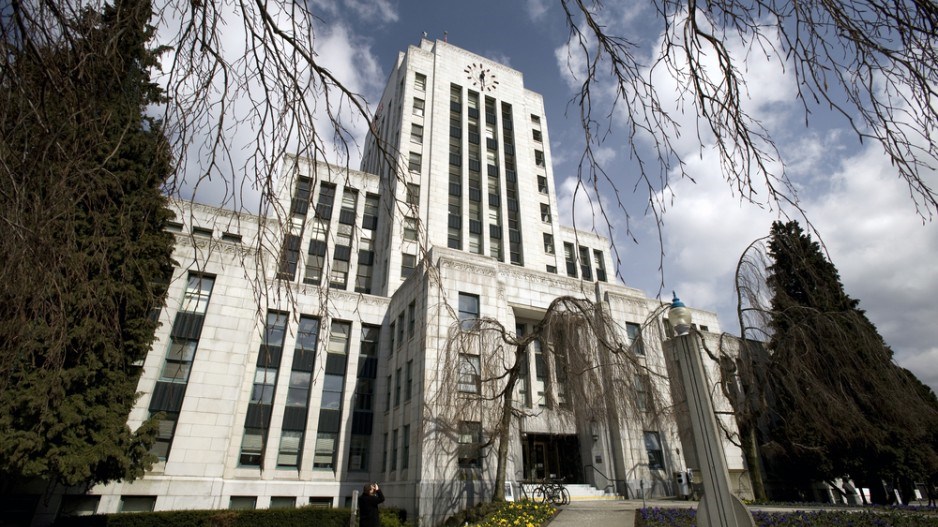Vancouver’s decision to approve the expansion of a popular Downtown bar – despite city staff recommendations of requiring the expansion to operate as a separate business – comes as a major relief, industry leaders say.
However, one official added he is concerned about other regulatory issues that may pop up and hamper Vancouver’s hospitality industry as it tries to ramp up and recover from the extreme financial hardship caused by the COVID-19 pandemic in the last two years.
“Crucial is not a strong enough word,” said Jeff Guignard, executive director of B.C.’s Alliance of Beverage Licensees (ABLE BC), about this year being make-or-break for many of the city’s establishments.
“We haven't had the best weather this year in Vancouver, so we haven't seen as big of a [seasonal] bump as normal would get. We're having additional loans that we've taken on during the pandemic. Costs have increased. There are supply chain challenges. So the business has never been tougher.”
Guignard’s comments come after the popular Fountainhead Pub on Davie Street applied to expand into an empty store space next door, only to have municipal staff recommend the applicant file a separate business licence application for the new expanded space – essentially turning the expansion into a separate business with its own set of paperwork.
After council meeting on Tuesday evening, city council concluded the policy – meant to limit the size of certain establishments – were outdated and should be amended to prevent the same delay from happening when similar applicants come forward with plans.
Guignard, who spoke at the meeting, said the fact that the issue had to be taken to council to be resolved justifies a level of concern from industry towards municipal regulations, especially at a time where any delays or challenges to operations can have devastating effects on a business’s ability to survive.
“I will say this should have been a routine, easy ‘yes,’” he said. “It's a routine license to increase capacity. This is the kind of thing that should not have required six hours of council time. It was a waste of everyone's time and money to go there to get through this because the policy was wrong.
“With the right policies, everyone save time and money and we run a more efficient, vibrant city.”
ABLE BC estimates at an overwhelming majority of alcohol-service licencees in the city – up to 90% - have been barely profitable, breaking even or losing money during the peak pandemic years of 2020 and 2021. Many are counting on this year’s reopening to steady their foundations once again before returning to a healthy, viable state of operations.
Guignard said some key areas of concern when it comes to municipal regulation include hours of operation allowances (which may vary within the same neighbourhood depending on city block) and capacity caps beyond what’s required by the fire code. He did note that city council appears open to reassess some rules that are in place – although whether that leads to changes is uncertain.
“There are hundreds of hospitality businesses in Vancouver employing tens of thousands of people,” Guignard said. “It’s vital we get these policies right, to help support those businesses so they can grow while respecting the needs of our local community... Industry are really good partners in trying to build communities.”




